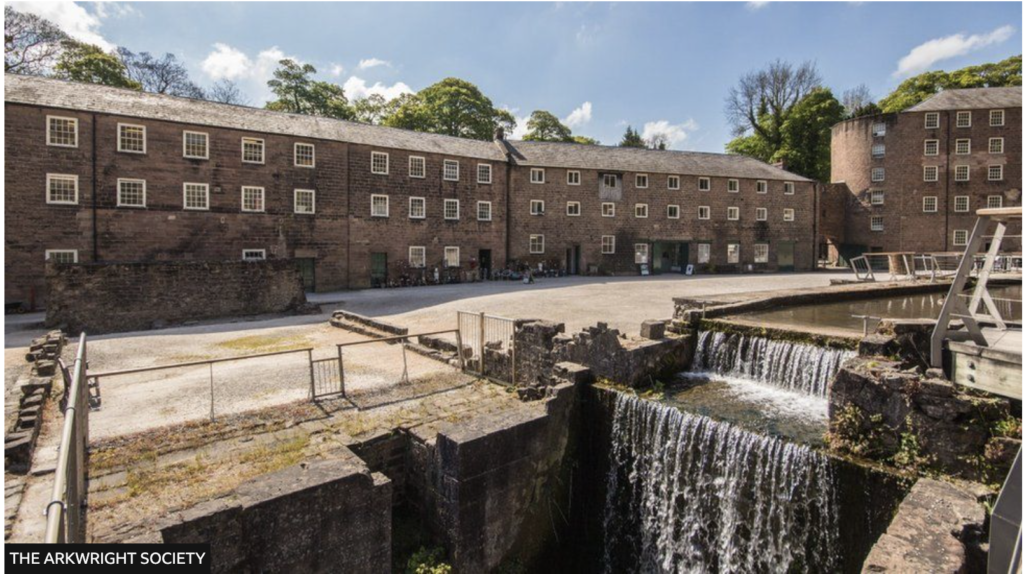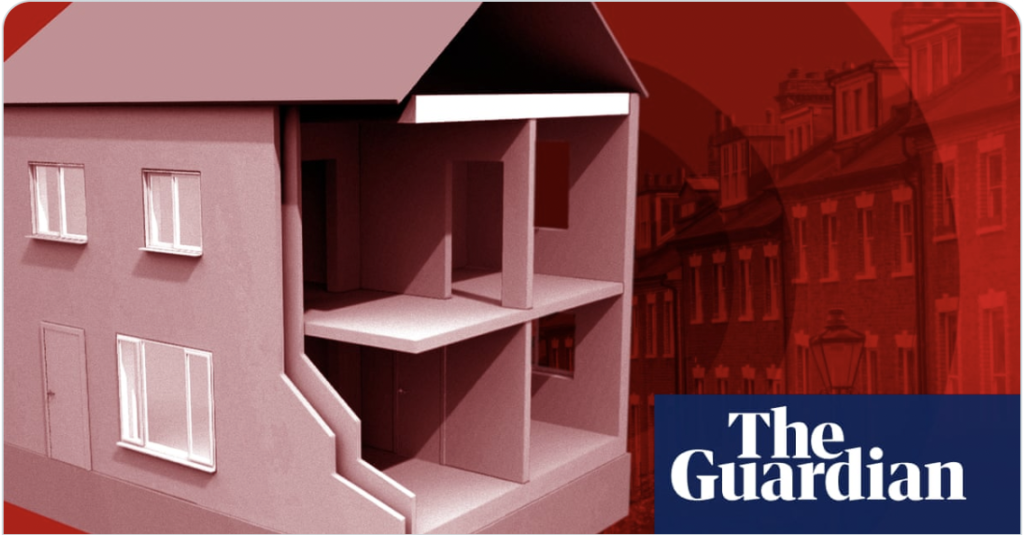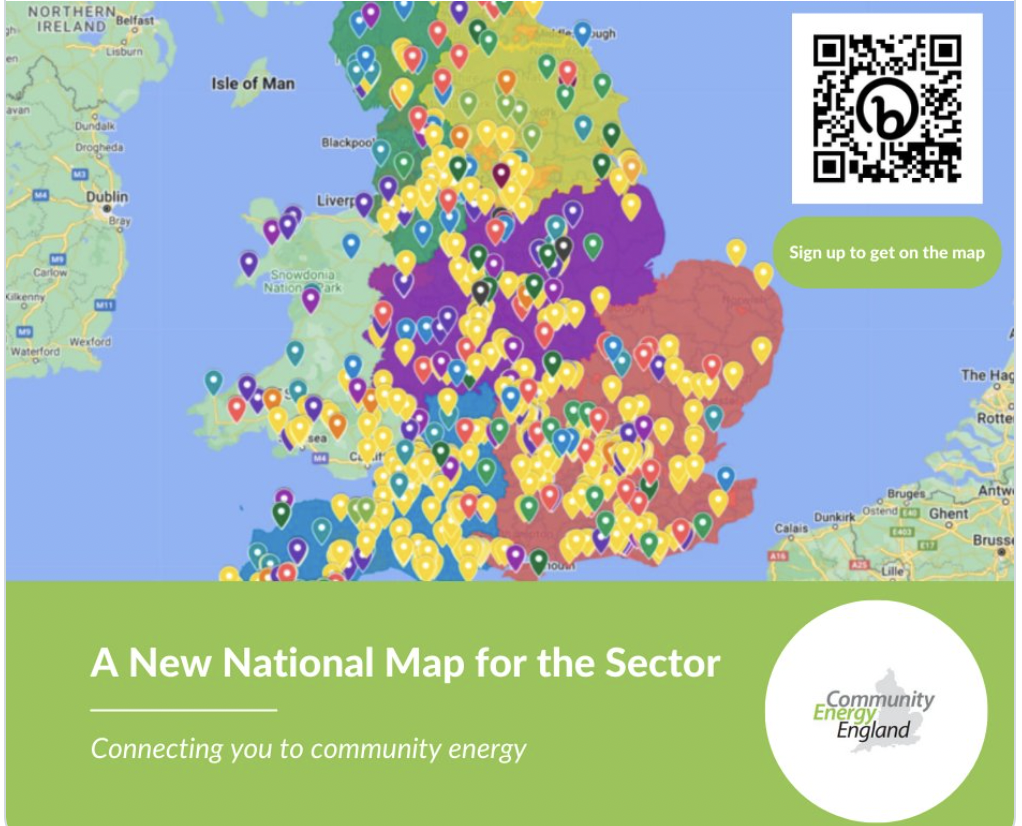-
Heat Pumps : The future of domestic heating
Heat pumps are an amazing technology that generate heat using electricity. By using electricity ( and not fossil fuels) they will be a key step in decarbonising heating in domestic homes. They are incredibly efficient converting 1 kW of electricity into 4 kW of heat energy ( using 3 kW gained from the environment). This is a 400% efficiency conversion – compared to boilers which at best have a 90% efficiency conversion.
Heating the homes of the UK with Gas, as we do now, generates around 14% of the UK’s total Carbon emissions. Thats 56.77 million tonnes of CO2 annually, just from heating homes alone. As more and more renewable electricity is generated and the grid decarbonises, homes too need to change their heating methods to utilise these renewables and reduce carbon emissions. As we have seen recently, global gas prices can change rapidly, and can be affected by social and political situations. Switching away from gas heating could also be a step towards insulating ourselves against these global fluctuations in gas prices and reduce our reliance on importing expensive gas.
Key points to consider are :
Energy Efficiency
Ensuring houses are adequately insulated is essential. Homes need to be able to maintain and retain their heat ( meaning less energy is needed to maintain constant temperature).
A ”leaky home” will cost you more money, as the heat generated will be lost to the environment. This means more heat will be needed to be generated, costing more money, to maintain the homes temperature.
New homes Vs Retro fit
New homes should all be being built to a much higher standard meaning they are adequately insulated, less leaky and be ready for the future including having lower flow temperatures – which is beneficial for heat pump installation.
https://www.homebuilding.co.uk/advice/part-l
Older/ less-efficient properties will need more work to get them heat pump ready. Adequate insulation in the roof, walls and floor as well as stopping drafts and double glazing homes are all recommended to get the best efficiency from a heat pump. These changes are not necessary – but they will greatly reduce the energy and money needed to heat these homes. The cost of improving the home’s efficiency will undoubtably be made back in savings from heating the home more efficiently.
The flow temperature, radiator size and plumbing of older properties may need to be altered to let the heat pump work most efficiently too.
https://www.heatgeek.com/do-i-need-to-upgrade-my-radiators-for-a-heat-pump/”Heat pumps are so hot right now”
”The energy-efficient appliances — which paradoxically can both heat and cool buildings — have been around for decades. They run on electricity, rather than fossil fuels, an important perk as climate change fuels more heat waves and Americans install more air conditioners.”
https://www.politico.com/newsletters/power-switch/2022/08/02/heat-pumps-are-so-hot-right-now-00049206”Gas Boiler VS Heat Pump”
Heat Geek are an incredible company ( and Youtube channel) giving expert advice on all aspects of the heating industry. They have a wealth of knowledge on heat pumps, and the factors needed to get them efficiently and effectively installed, maintained and heating your home.
Check out their website: https://www.heatgeek.com/
And youtube Channel: https://www.youtube.com/c/HeatGeek
And have a look at this video for an idea of what they do.HeatGeek video on Heat Pumps Fully Charged Episode: “Air Source and Ground Source Heat Pumps”
Fully Charged is the world’s number 1 clean energy & electric vehicle channel hosted by writer, broadcaster and actor Robert Llewellyn along with Maddie Moate, Jack Scarlett, Helen Czerski, Chelsea Sexton and Andy Torbet.
https://fullycharged.show/
https://www.youtube.com/c/fullychargedshow
Here’s their episode on Heat Pumps:Fully Charged Episode on Heat Pumps Passive Housing
Let’s not forget, whilst heat pumps are an amazing step forward, we already have the technology and building methods to create homes that do not require any external heating or cooling. Passive houses can utilise the sun for all heating needs, shade for all cooling needs and maintain a consistent temperature. Passive home use smart design to absorb adequate sunlight for heat, thermal mass for heat storage and emission and utilise adequate air flow to maintain a constant environment. Homes have the ability to be warm enough / cool enough for humans to live and thrive in them, without the need of extra heating or cooling.Passive housing Passive housing can also be set up to Generate electricity ( more than is consumed in the property itself).
These two videos are from 10 years ago – both showing off homes that generate more renewable energy than they use.Federally funded experimental house attempts to lower energy costs Fully Charged The Energy Efficient House -
Podcasts of Intrigue
A Selection of Great Podcasts on Community Energy from a variety of people !
The Owl Hoot is run by Caroline Norbury:
”Although I saw myself as a reasonable custodian of the planet we inhabit, I realised that there is so much more I could be doing and I am very much at the beginning of my journey to become a more mindful and conscious citizen. It is my hope that this website can provide sparks of hope and action in other people’s lives too. Feeling the need to be useful, become ‘greener’ and share stories through my love of podcasting, I began searching for information and ideas. A viewing of Katharine Hayhoe’s Ted Talk recommending that the most important thing you can do to fight climate change is to talk about it, was the ignition I needed to set up this website and do just that.”
https://theowlhoot.com/The Owl Hoot Podcast by Caroline Norbury :
”Community energy with Andy Extance”Regen Podcast ( by Regen hosted by Prina Sumaria)
Regen is a not-for-profit centre of energy expertise and market insight whose mission is to transform the energy system for a zero carbon future. They independent expert advice and market insight. We use our technical expertise, industry research and policy knowledge to support a range of public and private sector organisations to make the most of their clean energy opportunities.
In the latest episode of Regen’s ‘Transforming Energy’ podcast series, our local and community energy team discuss the importance of community energy in the transition to a net zero energy system, what the sector has achieved over the past decade, and its ambitions for the future.
https://www.regen.co.uk/”Regen Podcast: Community Energy” Local Zero Podcast
Local Zero is a podcast with a key question in mind: how can local action help to tackle climate change?
Local Zero is led by three researchers from the University of Strathclyde — Dr Rebecca Ford, Dr Matt Hannon, and Fraser Stewart – who work from various perspectives at the nexus of energy, innovation and society. The podcast is produced by Bespoken Media, and funded by EnergyREV.
https://www.localzeropod.com/”Local Zero Podcast : How to Kickstart Community Energy” We the Power Podcast Powerd by Patagonia ( With Lucy Siegle)
Together, we can bring the benefits of renewable energy production home. One million European citizens are involved in today’s growing community-energy movement. By 2050, it could be more than 260 million citizens, each helping to generate up to 45 percent of the European Union’s electricity from community energy—providing local jobs, reduced energy bills, a healthier environment and a stronger social fabric.
”In this episode, we travel to the Ahr Valley in Germany, where, in summer 2021, viewers across the world watched in horror as unprecedented flood waters swept through the region. Do they go on relying on climate-destroying fossil fuels that helped to cause the disaster? Or do they dare to dream of something different? ”
https://eu.patagonia.com/gb/en/wethepower/We the Power: Fighting Fossil Fuels With Community Energy -
What’s Happening in Community Energy This week?
1st August – 7th August

An amazing #CommunityEnergy project from our friends @CromfordMills and the Arkwright Society.
”Hydroelectric power is due to return to a textile mill which helped spark the industrial revolution.”
”Work is due start in September with the aim of being fully operational by June 2023”
Cromford Mill: Historic site secures cash for hydro power
Very Intersting Article on Retrofitting :
”Retrofitting and building adequately insulated homes will be key factors in Britain’s net zero future.”
”British Houses are some of the worst insulated in Europe, so it takes more energy to keep them warm’
How much could insulating Britain save the average home ?
Community Energy England have released a cool map illustrating the **Power** and **Spread** of #CommunityEnergy
Look for us in Matlock !
View the map HERE !